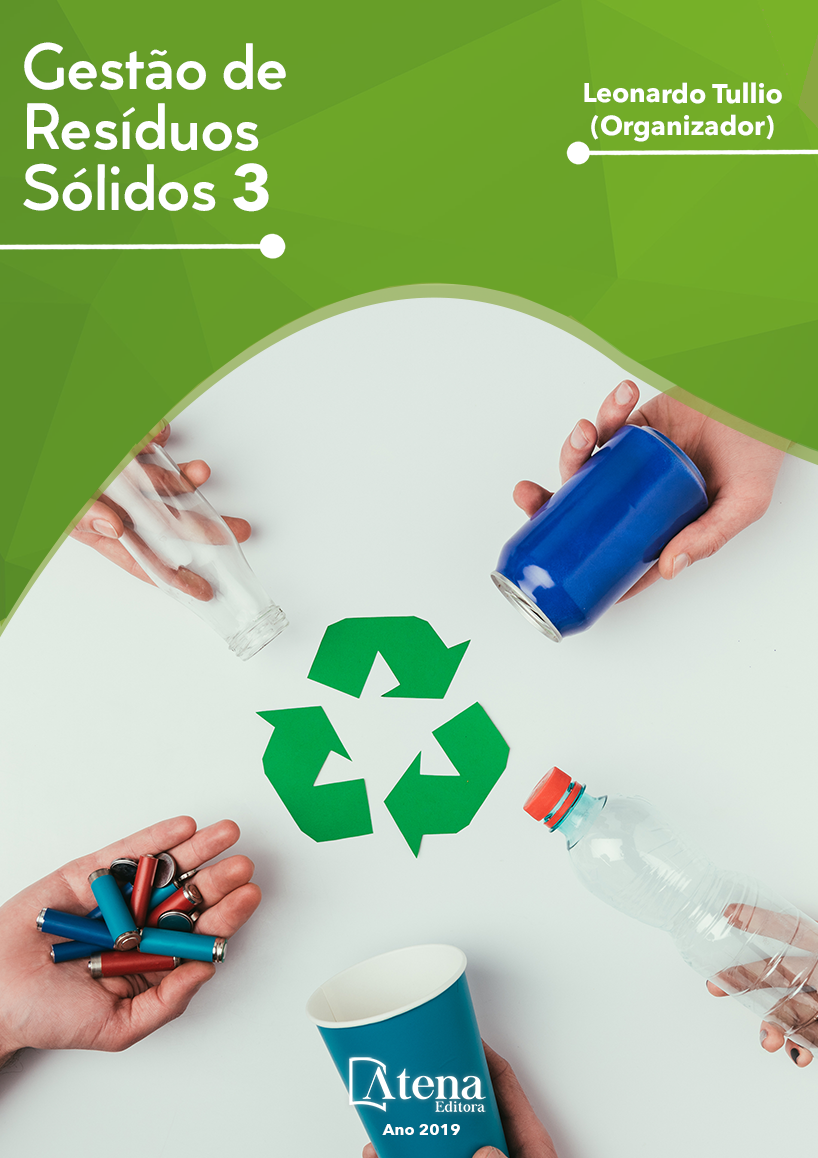
AVALIAÇÃO DA PARTICIPAÇÃO DA POPULAÇÃO NO PROGRAMA DE COLETA SELETIVA DO MUNICÍPIO DE BRUSQUE/SC
A coleta seletiva é um programa que
auxilia na minimização da problemática dos
resíduos sólidos, pois contribui para a redução
do volume de material reciclável enviado para a
disposição final em aterros e permite que esses
materiais sejam reintroduzidos no ciclo produtivo.
Diante disso, o presente estudo teve como
objetivo avaliar a participação da população
do município no programa de coleta seletiva
do município de Brusque-SC. O levantamento
de dados se deu a partir da aplicação de
443 questionários com questões fechadas a
população dos 25 bairros do município. Após
a aplicação dos questionários, os dados foram
tabulados e a partir desses utilizou-se o teste
qui-quadrado e o Coeficiente de correlação de
Crammer para determinar a relação entre grau
de escolaridade e participação da população
no programa e renda familiar e participação.
A partir da obtenção dos dados constatouse
que a população sabe o que é coleta
seletiva, entretanto uma baixa porcentagem
da população participa. Constatou-se que não
existe relação entre o grau de escolaridade e a
participação no programa e a renda familiar e a
participação.
AVALIAÇÃO DA PARTICIPAÇÃO DA POPULAÇÃO NO PROGRAMA DE COLETA SELETIVA DO MUNICÍPIO DE BRUSQUE/SC
-
DOI: 10.22533/at.ed.87919140313
-
Palavras-chave: PALAVRAS-CHAVE: Resíduos sólidos urbanos; reciclagem; resíduos recicláveis.
-
Keywords: Urban solid waste; recycling;
-
Abstract:
The waste selective collection is
a programme that contributes to minimize the
issue of solid wastes because it contributes to
the reduction in volume of recyclable material
sent to final disposal in landfills and allows these
materials to be reintroduced into the production
cycle. Considering this, the present study aims
to evaluate the participation of the Brusque’s
population on the municipal collective selection
program. Data collection occurred through the
application of 443 questionnaires with closed
issues to members of the population of the 25
neighborhoods on the city. After the application,
data were tabulated and subjected to the chisquare
test and the Cramer correlation coefficient
to determine the relation between level of
education or family income and participation in
the programme. Analysing the data collected,
it was found that the population knows what
selective waste collection is, although only a
small percentage of it participates in the process.
According to the findings, there is no correlation
between level of schooling or family income and
participation in the programme
-
Número de páginas: 15
- Karoline Heil Soares
- Rafaela Picolotto


